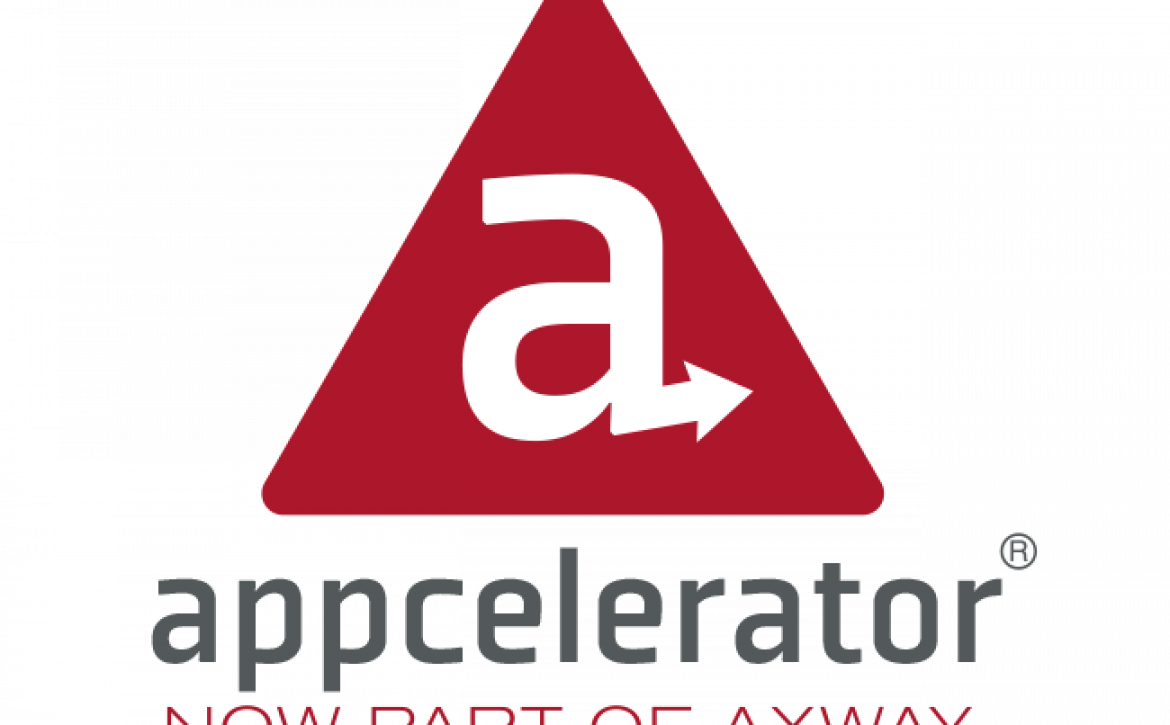Ionic Vs React Native Framework
Ionic or React Native – Which is better?
When you are developing a mobile app, you want to make sure that you are choosing the right technology. While we all know that both Ionic and React Native are great coding languages, but lets see which fits your bill the best!
But before we discuss on the core difference, there is one important decision that you as a client will have to make. Do you want to develop a Native App or a Hybrid App? Not quite sure what this means? Then read on..

The difference between Hybrid and Native Apps:
Hybrid apps are actually websites embedded in a mobile app through a webview. They are developed using HTML5, CSS and Javascript and the same code can be executed and shared on any platform. With the help of tools like PhoneGap and Cordova, hybrid apps can replicate native app features such as GPS or Camera, thus either reducing or eliminating the need to develop a separate code for any specific device or OS.
Native Apps are those that are specifically developed for a particular platform. If it is Android then the code is written in Java or if the platform is iOS then the code is written in Objective C or Swift. The code is not shared across platforms and they have direct access to all features, thus resulting in better app performance.
What is the Ionic Framework?
Ionic is a framework that allows developers to create hybrid apps. With the help of tools like PhoneGap and Cordova, Ionic bridges the gap of a non-native app and easily gets access to native app features. The User Experience is guaranteed to be great.
”Write Once and Run Everywhere” – this is the main mantra of the Ionic framework. Once the code is built, it can be pushed on to any platforms – Android, iOS, Windows, Web desktop and also PWA. The language is highly adaptive and is a great choice of developing language if you are looking to build Hybrid mobile apps.
The Ionic framework is based on Angular 2 and is backed by Google and it is a free and open source code. Another outstanding feature of Ionic is that it helps to create Progressive Web Apps (PWA) with such ease. For those who aren’t aware, PWA brings a native app experience to a mobile browser.
What is React Native Framework?
React Native is a Framework that is developed mainly in Javascript and it is used to develop native style apps for iOS and Android. Though it uses HTML and CSS, React Native will render using native components and the user experience with React Native will be very similar to that of Native apps.
“Learn Once and Write Anywhere” – this is the mantra for the React Native framework. This means that React Native make developers choose components that make apps behave in a native form, however it does allow for a part of the code to be shared between platforms.
The React Native framework is based on React and it is backed by Facebook. Apps developed in React Native perform well and most of the coding is done in JSX.
The difference between Ionic and React Native
It would be hard to point out any contrasting differences, but mentioned below are some points that differentiate Ionic from React Native

How to choose the best developing software for your apps?
Honestly, the answer to this question is very subjective and purely depends on the nature of the requirements of your app.
Situation 1:
If your requirement includes high performing apps which have a close to native app experience for users, then React Native is the best choice for you. It focuses heavily on the user interfaces and creating better user experience with responsive UI.
Situation 2:
If your requirement just involves a decent performing app which supports both Progressive Web Apps (PWA) and Native browser apps, then Ionic will perfectly fit your requirement. Ionic will help you develop your app quickly and deploy it in the market.
Thus, while developing a mobile app, we can never be sure of ONE technology that will fit all user requirements. They change as per the app features, but what really matters in the end is that you develop a high quality and high performance app along with a skilled team of developers who can translate your vision into powerful products.
If you need help in creating an awesome mobile app for your business or need consultation on the right technology required to build your mobile app, then just drop us a quick message with your requirements!
[leadsquare_shortcode]










































